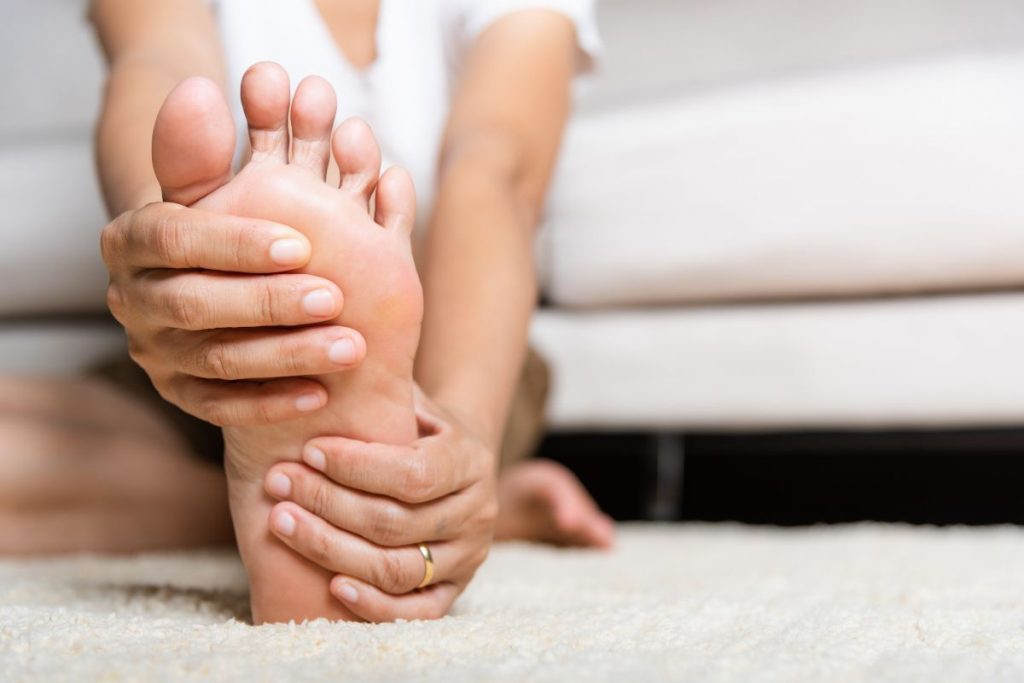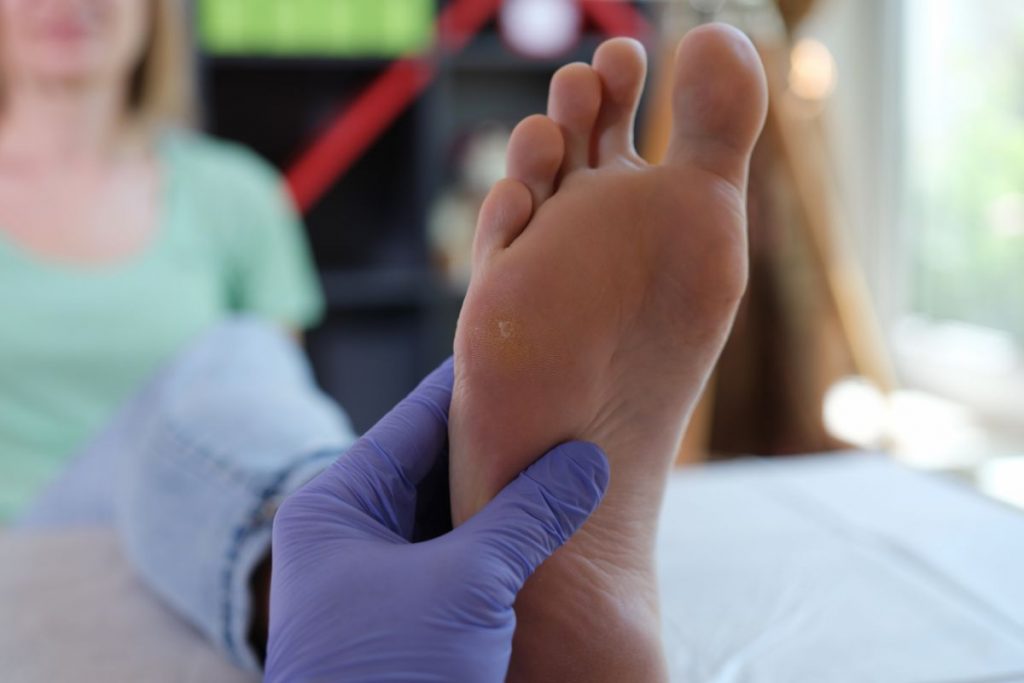Neuropathy, also known as nerve damage, is a painful condition that affects tons of people around the globe. While this particular condition can affect various parts of the body, this is more commonplace in the feet and legs. A podiatrist Baltimore MD can provide professional help that can manage and alleviate your symptoms.
If you are dealing with nerve damage in your lower extremities, particularly in your legs and feet, you might want to consult with a trusted expert in the field right away. Below are some causes and symptoms to watch out for as well as learning how foot doctors aid in addressing this condition.
A Brief Background on Neuropathy
Neuropathy occurs when nerves in the peripheral nervous system become damaged or dysfunctional. These peripheral nerves are designed to transmit sensory information from the brain throughout the body. They are also mainly responsible for signaling pain and touch, as well as controlling the movement of muscles.
When these nerves are damaged, they can send incorrect signals to the body. At times, there may even be no signals at all. This can lead to the individual suffering from uncomfortable and even debilitating conditions.
Common Causes of Feet Neuropathy
Injuries
Individuals who suffer from trauma can experience their nerves being damaged in worse-case scenarios. Some examples of these traumas include compression injuries or fractures to name a few.
Diabetes
Diabetics are at risk for nerve damage in their feet due to their high sugar levels which can eventually damage the blood vessels in the body. In turn, this damages the nerves in the feet, given that nutrients no longer flow properly.
Autoimmune Diseases
There are also certain conditions that can lead to nerve damage and these include the likes of lupus and rheumatoid arthritis. Similarly, there are certain treatments, such as chemotherapy, which can lead to neuropathy as a side effect.
Symptoms to Look Out For

- Skin Changes
Make sure to watch out for textural and color changes in your feet, such as them becoming more wrinkly, pale, and the like. Apart from these, you also want to pay attention to skin changes such as your feet becoming excessively dry or sweaty.
- Numbness or Tingling in the Feet
Pins and needles in your feet may indicate neuropathy or its beginnings. This can also signal a loss of feeling in your feet.
- Foot Pain
There are different types of foot pain associated with neuropathy, but these cover burning or shooting pain. When you feel uncomfortable pain, such as a sharp or shooting pain, as well as burning sensations, these may be tell-tale signs of neuropathy.
- Muscle Weakness
If you are dealing with nerve damage, chances you may have difficulties in moving as well as controlling your feet and toes. This may also make you prone to falls since you may deal with balance problems, too.
- Foot Deformities
Neuropathy can lead to the development of foot conditions or problems over time, such as claw toes.
How a Podiatrist Can Help

Dealing with foot neuropathy can be a challenge, especially when you don’t know a thing about this. A foot doctor Baltimore MD can help manage your condition and even give specialized treatment.
For one, these professionals are equipped with the tools to make an accurate diagnosis. Not only do they have the right tools, but they also perform tests to confirm the presence and extent of foot neuropathy. In fact, they can even identify the source.
Of course, it’s worth mentioning that podiatrists aid in pain management as well. They can prescribe medication, recommend pain management techniques and exercises to reduce or alleviate discomfort, as well as design custom orthotics to boost foot support.
Conclusion
Living with foot neuropathy can be difficult, but with the expert guidance and knowledge of your podiatrist Baltimore MD, you can improve your quality of life and manage your condition at the same time. From foot care education to regular monitoring and lifestyle changes, you can take proactive steps in improving your foot health.
